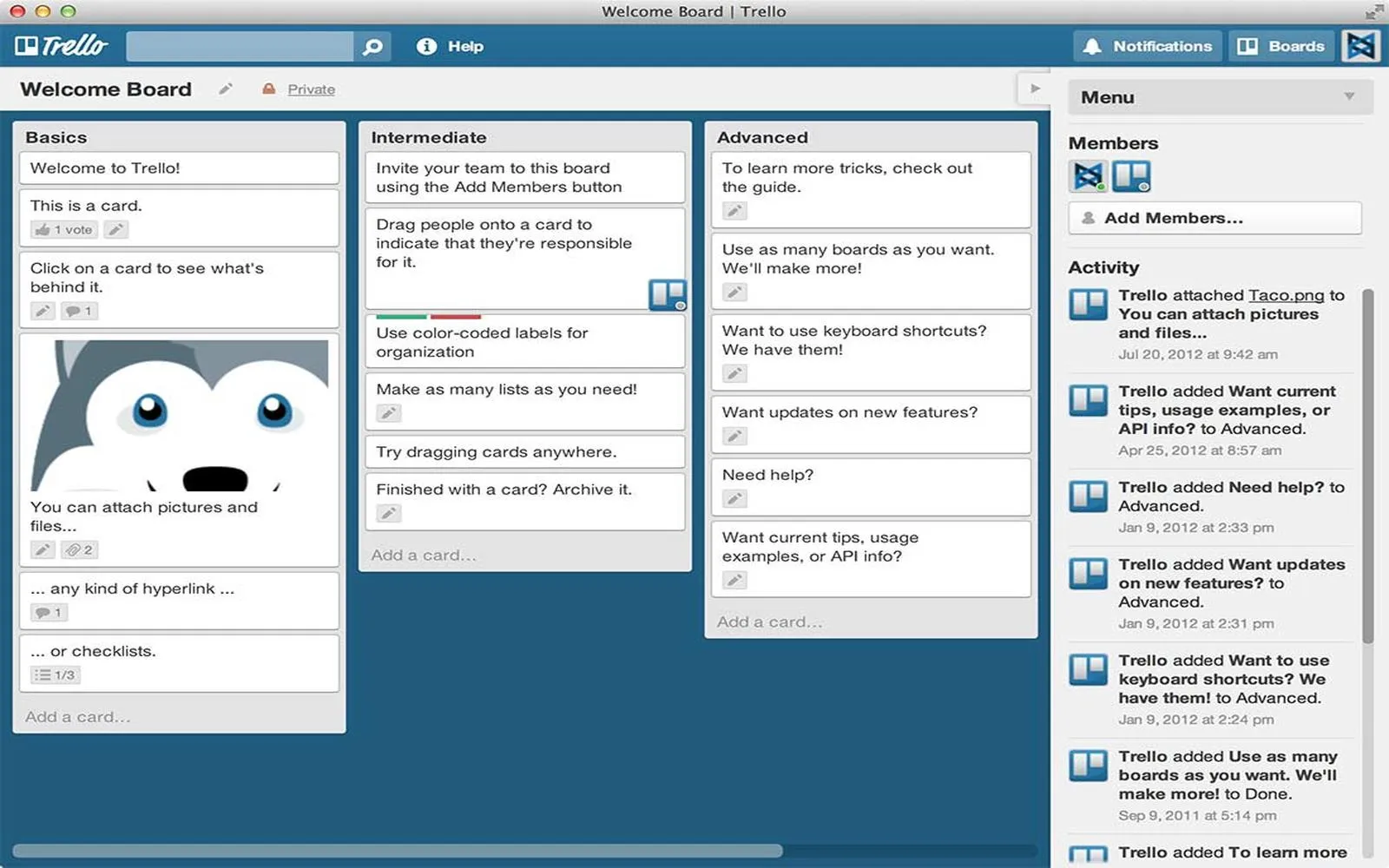In today's digital landscape, building a strong ''culture'' within a ''remote team'' is more critical than ever. As organizations shift towards remote work, the challenge lies in fostering a sense of belonging, collaboration, and shared values among team members who may be miles apart. Here are several essential strategies to cultivate a thriving remote team culture.
1. Establish Clear Values and Vision
Every organization has its unique set of values and vision that guide its operations. In a remote setting, it’s vital to clearly articulate these values to ensure that all team members are aligned. This can be achieved through:
- Creating a ''vision statement'' that resonates with all employees
- Incorporating team values into everyday practices
- Regularly revisiting and discussing these values in team meetings
By embedding these principles into the daily workflow, remote teams can foster a unified culture.
2. Encourage Open Communication
Communication is the backbone of any successful team, especially in a remote environment. To promote a culture of openness:
- Utilize various communication platforms (e.g., Slack, Zoom, Microsoft Teams) to facilitate discussions
- Encourage team members to share their ideas, feedback, and concerns
- Host regular check-ins to maintain transparency and connectivity
When team members feel heard and valued, it enhances engagement and strengthens the ''team culture''.
3. Foster Team Building Activities
Team building is essential for creating connections among remote employees. Consider the following activities:
| Activity | Description |
|---|---|
| Virtual Coffee Breaks | Informal gatherings where team members can chat and catch up. |
| Online Games | Engage employees with games like trivia or escape rooms to encourage collaboration. |
| Book Club | Encourage reading and discussion of books related to personal or professional development. |
These activities not only break the monotony of work but also help in building relationships among team members.
4. Recognize and Celebrate Achievements
Recognition plays a crucial role in fostering a positive culture. Celebrating achievements, both big and small, can boost morale and motivate team members. Here are a few ways to implement recognition:
- Implement a monthly awards system to acknowledge outstanding contributions
- Celebrate personal milestones such as birthdays or work anniversaries
- Share success stories in team meetings or newsletters
By celebrating achievements, you reinforce a culture of appreciation and motivation.
5. Provide Opportunities for Professional Development
Investing in the growth of your remote team members can help in building a strong culture. Here are some professional development strategies:
- Offer online training sessions and workshops
- Encourage participation in industry conferences and webinars
- Create mentorship programs to foster learning and sharing of knowledge
When employees see that the organization is invested in their development, they are more likely to feel connected and engaged.
6. Promote Work-Life Balance
In a remote setting, the lines between work and personal life can blur. To promote a healthy work-life balance:
- Encourage regular breaks and time off
- Set clear boundaries regarding work hours and availability
- Provide resources for mental health and well-being
By prioritizing work-life balance, organizations can foster a culture of respect and care.
7. Leverage Technology
Utilizing the right technology can significantly enhance team collaboration and culture. Tools like ''referrerAdCreative'' can help streamline communication and project management. Here’s how technology can aid in building culture:
- Use project management tools to keep everyone aligned on tasks and deadlines
- Implement collaboration platforms for real-time sharing of ideas and documents
- Utilize video conferencing for more personal interactions
Technology not only bridges the distance but also enhances collaboration, making it easier to maintain a cohesive culture.
Conclusion
Building a strong culture in a ''remote team'' requires intentional effort and strategic practices. By establishing clear values, encouraging communication, fostering team building, recognizing achievements, investing in development, promoting work-life balance, and leveraging technology like ''referrerAdCreative'', organizations can create an environment where remote teams thrive. Remember, a positive culture leads to higher employee satisfaction, better performance, and ultimately, organizational success.





